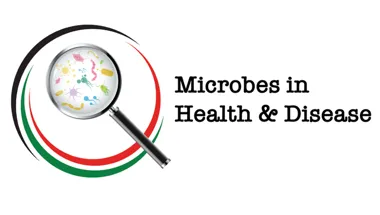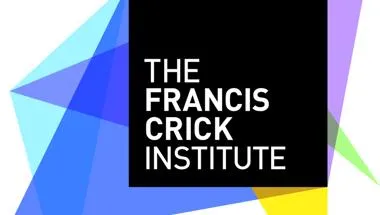
Dr Jeannine Hess
Lecturer in Chemistry
- Group Leader, Francis Crick Institute
Research interests
- Chemistry
Biography
Dr Jeannine Hess is a Lecturer at the Department of Chemistry and a Group Leader at the Francis Crick Institute. Jeannine obtained her PhD in 2016 from the University of Zurich under the supervision of Prof. Gilles Gasser, where she first committed to fight parasitic diseases. She designed, synthesised and evaluated a range metal-based molecules to find cures for various parasitic worm infections that are an immersive threat to humans and livestock.
Determined to continue finding new solutions against infectious diseases, Jeannine secured a SNSF Early Postdoc. Mobility Fellowship to join the research group of Prof. Chris Abell at the University of Cambridge, where she focussed on structural guided drug design to find cures for Tuberculosis (TB). In 2018, Jeannine was awarded a Marie Skłodowska-Curie Individual Fellowship to continue her projects but also to focus on alternative antimicrobial agents using fragment-based drug discovery approaches.
In 2021, Jeannine joins the Francis Crick Institute and King’s College London as a Group Leader and Lecturer to further pursue her passion to fight infectious diseases. In the newly established Biological Inorganic Chemistry Laboratory, her group will focus on the development of rationally designed metal-based antimicrobials.
Research interests
- Fragment-based drug discovery
- Synthetic chemistry
- Biochemical and biophysical assays
- Microbiology
- Structural biology
- Proteomics
Teaching
- Chemistry of Disease and Therapy
- UG Research Methods Literature Review
- MSci Research Project & Dissertation
- MRes Research Project in Interdisciplinary Chemistry
Research profile
For more information on Dr Hess's research please see her Research Portal page
The Hess Group
Research Associates
Postgraduate Researchers
- Callum Evans
- Lars Stevens-Cullinane
- Mika Kintzel
The Hess Group is situated in the Biological Inorganic Chemistry Laboratory, at the Francis Crick Institute, where they are developing new approaches and molecular solutions to cure diseases.
They are especially interested in applying modern medicinal chemistry and molecular design approaches to develop novel bioactive metal complexes. By integrating structural analysis, chemical synthesis, and precise molecular targeting, they are creating transformative probes and compounds to be used as chemical biology tools and potential new therapeutics.
Metal complexes provide a unique platform for molecular innovation, enabling advanced functionalities, enhanced molecular diversity, and specific biological interactions. They strategically incorporate metal centres to generate compounds with distinctive chemical and biological properties that transcend conventional design paradigms.
Their iterative design processes and interdisciplinary approach — combining expertise from chemistry, biology, structural biology, enzymology, and computational techniques — aim to develop molecular solutions addressing complex therapeutic challenges across multiple research domains.
By advancing molecular design methodologies, they seek to revolutionize therapeutic interventions and expand the boundaries of scientific understanding.
Research

Microbes in Health & Disease
The Microbes in Health & Diseases Research Interest Group aims to foster collaboration across departments and faculties at KCL to explore the multifaceted role microbes play in health and disease.

The Francis Crick Institute
King’s is delighted to be a founding academic partner alongside UCL and Imperial College in the Francis Crick Institute, joining the multidisciplinary research expertise from all the Partners together to deliver world-leading biomedical research.

Translational Research & Innovation in Microbial Sciences (TRIMS) - King’s Prize Doctoral Programme
This PhD programme is designed to tackle microbial challenges through cutting-edge technological innovation, fundamental and applied science with translational impact.
Research

Microbes in Health & Disease
The Microbes in Health & Diseases Research Interest Group aims to foster collaboration across departments and faculties at KCL to explore the multifaceted role microbes play in health and disease.

The Francis Crick Institute
King’s is delighted to be a founding academic partner alongside UCL and Imperial College in the Francis Crick Institute, joining the multidisciplinary research expertise from all the Partners together to deliver world-leading biomedical research.

Translational Research & Innovation in Microbial Sciences (TRIMS) - King’s Prize Doctoral Programme
This PhD programme is designed to tackle microbial challenges through cutting-edge technological innovation, fundamental and applied science with translational impact.
